The opening shot of the ocean felt very lyrical. What made you decide to open your film with this particular shot?
Mike Mills: In the script, the first shot is of a car burning and of course that seems like such a good way to begin a movie.
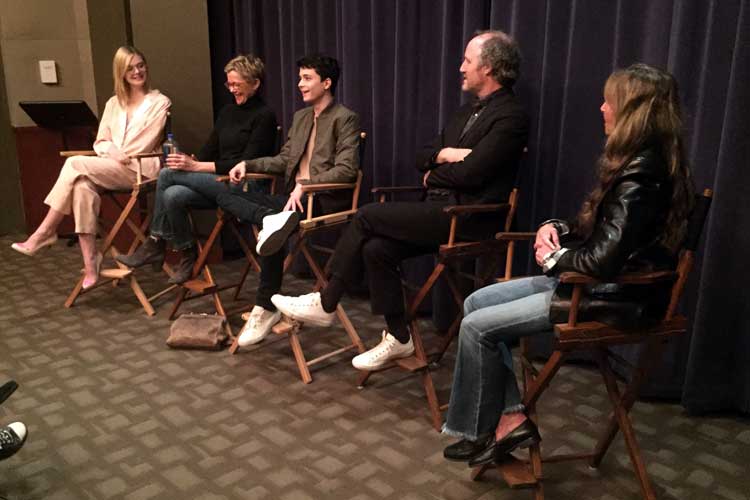

The opening shot of the ocean felt very lyrical. What made you decide to open your film with this particular shot?
Mike Mills: In the script, the first shot is of a car burning and of course that seems like such a good way to begin a movie.
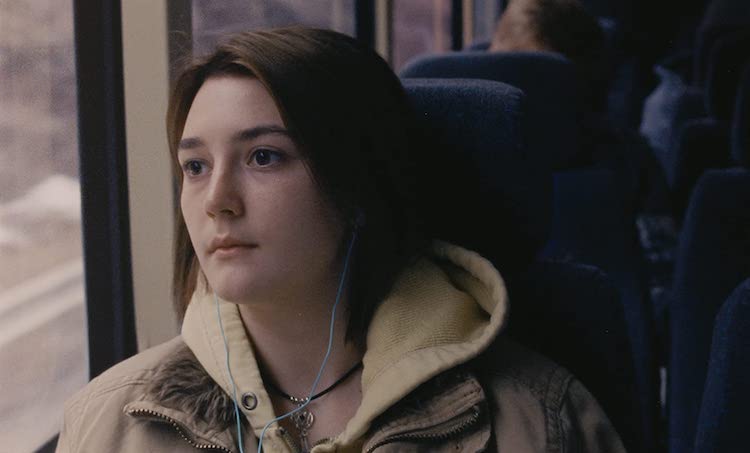
Eliza, when did you first start to think about making this remarkable film?
Eliza Hittman: I first began thinking about this film in 2012. I read a newspaper article that was all about the death of Savita Halappanavar, this woman in Ireland who died after being denied a life-saving abortion.
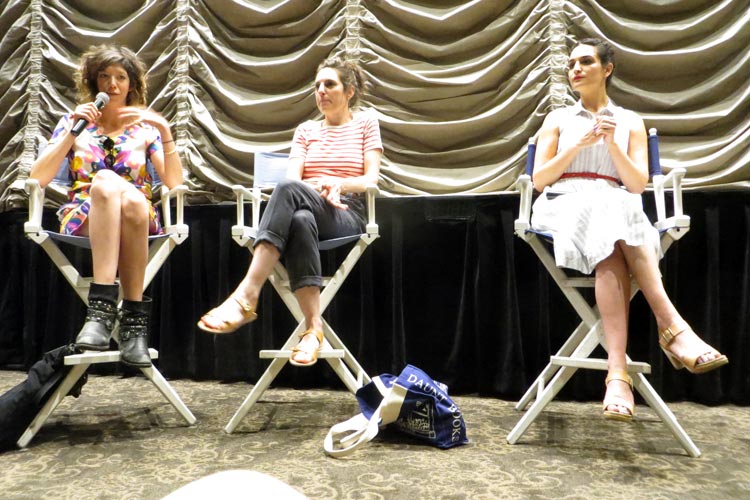
What motivated you to expand the short?
It first started before the short was even finished, in the editing room.
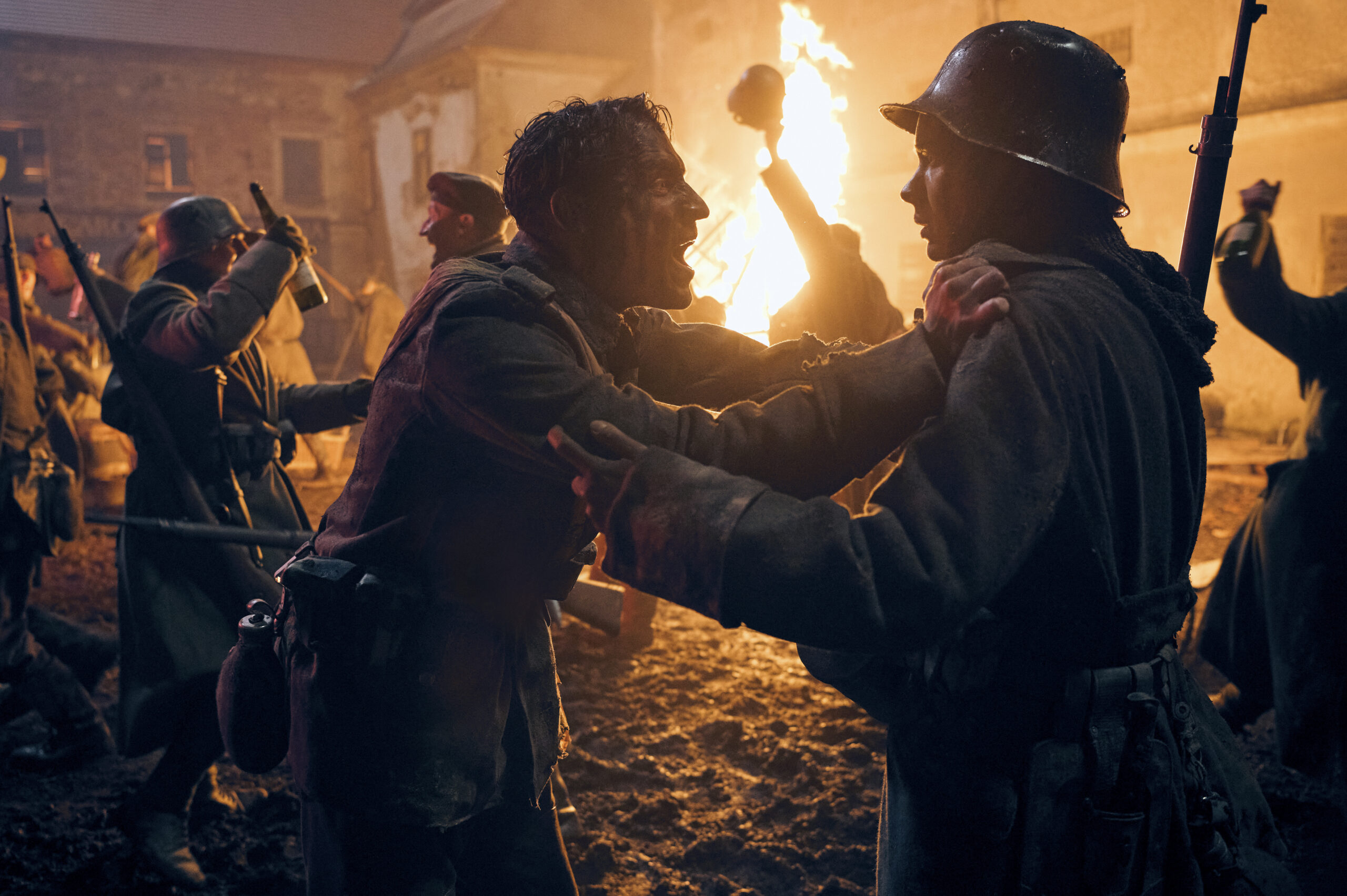
Your DP said that his collaboration with you is one of the most unique he’s had with a director.
Edward Berger: We’re both obsessed with precision and architecture in the film. It’s not haphazard and we don’t try to find the shot on set. It gives me true pleasure to set up a shot and in that shot, have every department create the illusion that this is reality.
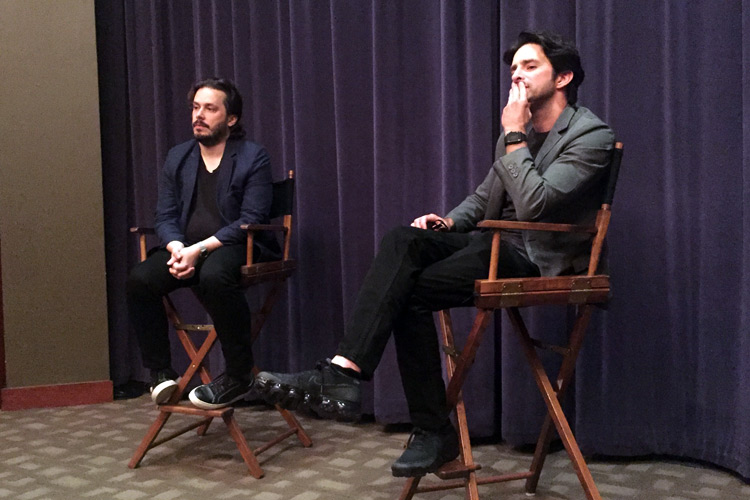
How did you translate the stage direction into the performance?
Edgar Wright: When I gave the script to the actors, they had all of the music as well, so they could read the script with the right music playing.
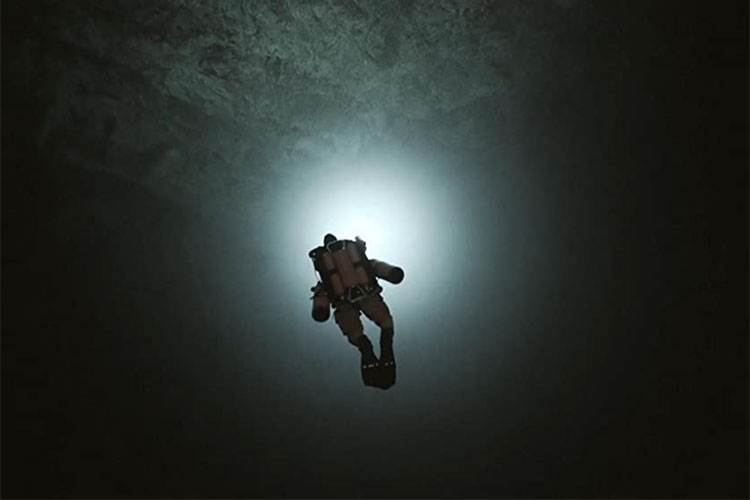
This story is incredibly dramatic on its face. What were the underlying themes that most resonated with you?
E. Chai Vasarhelyi: I think it’s important to remember how divided the world was in 2018.
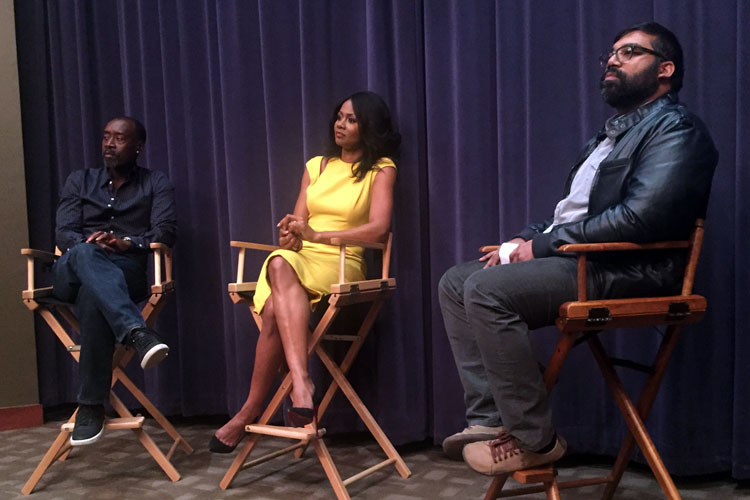
This is not a typical biopic in that you mainly focus on the darkest period of his life. Why did you choose that window?
Don Cheadle: He just shut down his music for five years. I thought, what’s happening there?
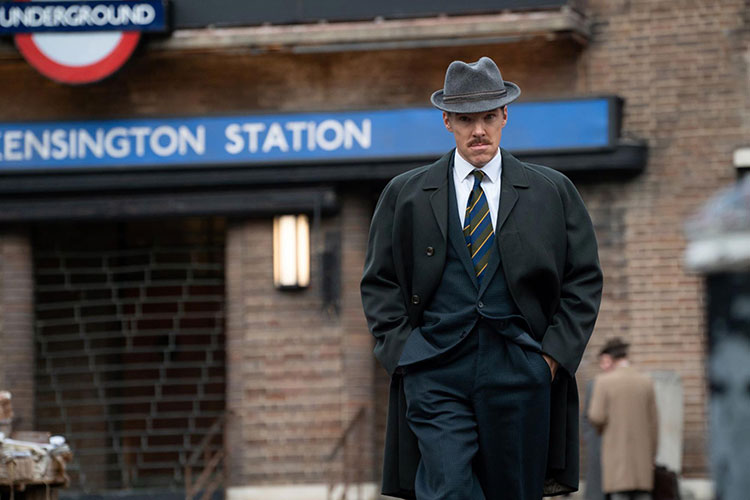
What was your approach to developing the look of the film?
Dominic Cook: The early ’60’s — especially in the UK — you might as well have been in the Edwardian era.
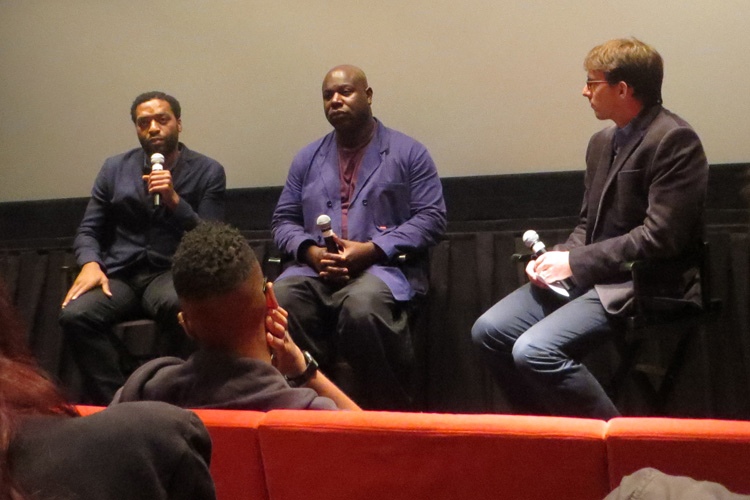
Your character experiences some of the darkest things a person can experience. During your preparation and filming, was there anything in particular that helped you connect with him?
Ejiofor: I think I wanted to find out about who he was. I thought there was something about him that was too remarkable.
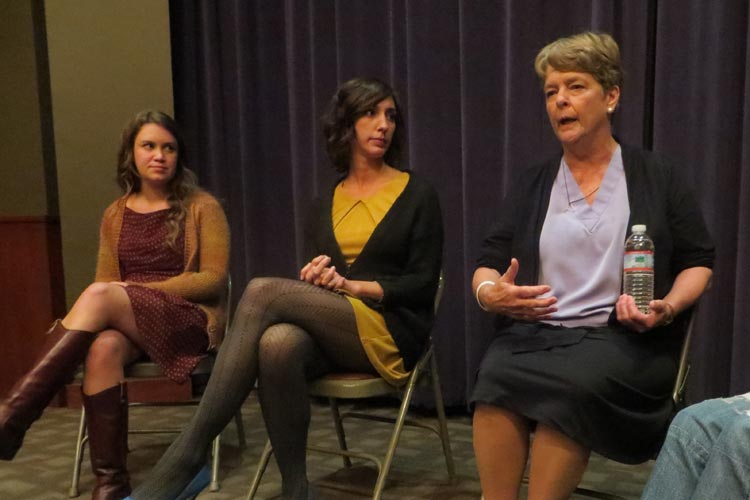
What was your initial response when you were approached to appear in this documentary?
Dr. Robinson: I said absolutely not. We were not interested in doing any movies or press of any sort. It’s not about us; it’s about the patients.
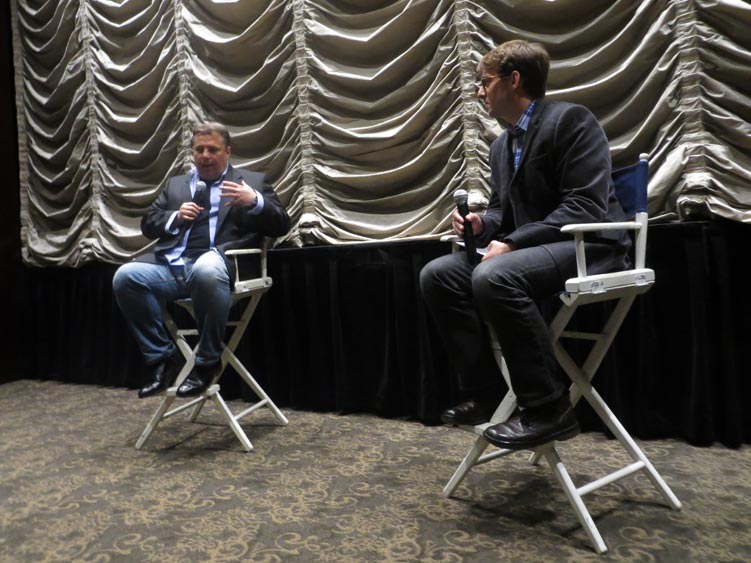
Let’s start by talking about the unique backstory to making this film.
Salerno: I grew up in a house where Salinger was a church. My mom was a huge fan and turned me onto his work, but like everyone, I had no idea about the man, I just knew the work. I started researching this project and found out that J.D. Salinger landed on D-Day, that Salinger participated in these horrible battles, that he lost the love of his life, Oona O’Neill, to Charlie Chaplin.
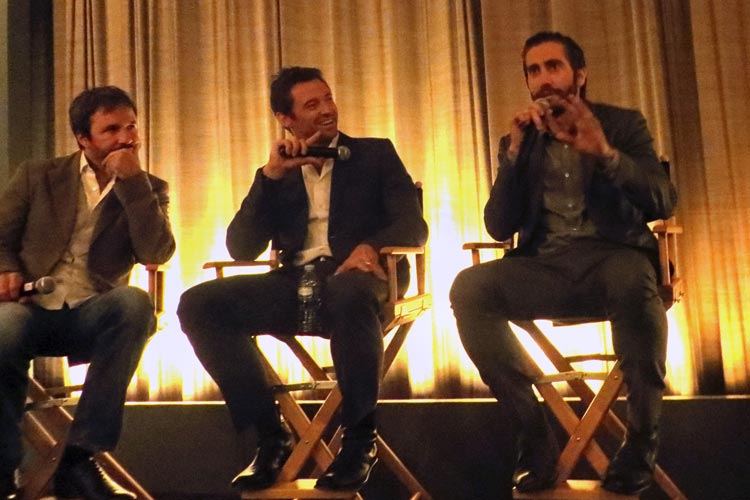
The different reactions of each character to a horrible situation seem remarkably realistic: No one knows quite what to do, but they all feel they have to do something.
Jackman: One thing I think Denis is really drawn to is the moral ambiguity – the gray areas – of characters and life. And I think that’s what really attracted us both to this material.
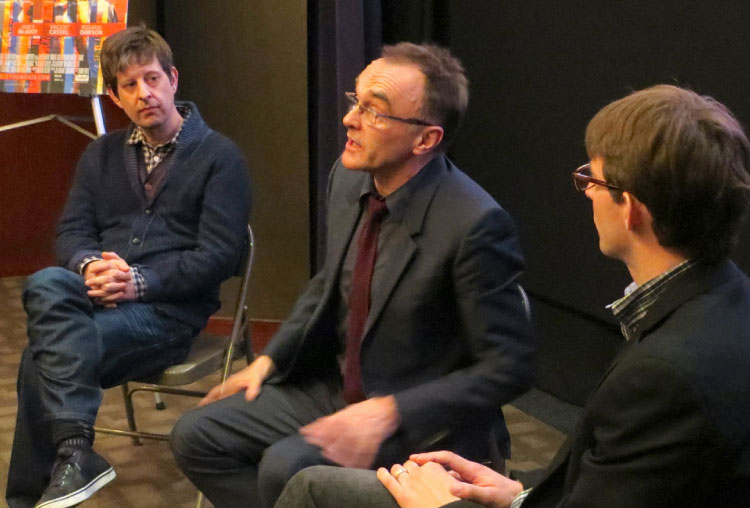
Director Danny Boyle established himself as one of the most versatile filmmakers in the world long ago, finding critical and commercial success with thematically disparate stories such as Trainspotting, 28 Days Later, and Slumdog Millionaire.

The following questions and answers are excerpted from a conversation that followed the NBR screening of The Miseducation of Cameron Post. How did this project start? Desiree Akhavan: I was sent the book and I loved it. I really loved it. I gave it to my girlfriend at the time, who read it and loved it. And, […]
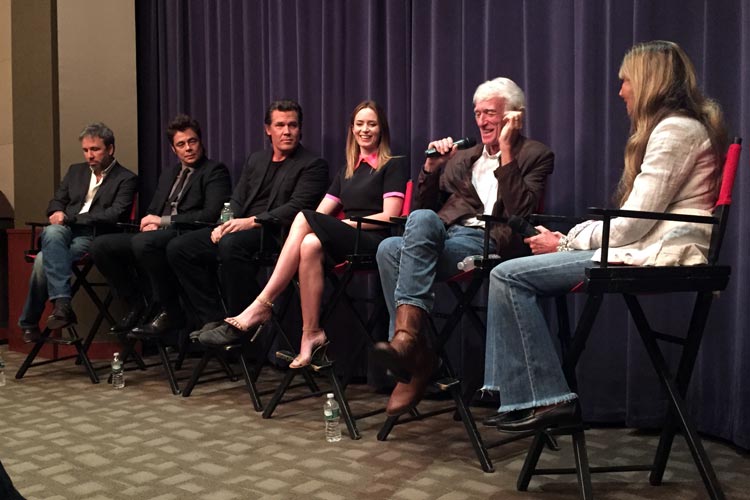
There have been other stories about the cartels and the drug war. Why did you want to tell this particular story?
Denis Villeneuve: For me it’s not a movie about cartels. I don’t think anyone will learn new things about cartels from this film.